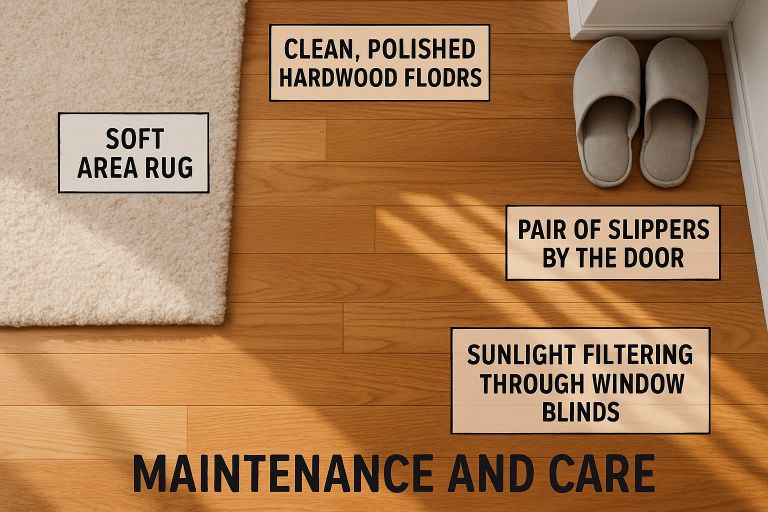Choosing the Right Heat Pump for Your Home: A Comprehensive Guide
Key Takeaways
- Heat pumps are energy-efficient systems that provide both heating and cooling, making them a cost-effective and eco-friendly choice for homeowners.
- Properly assessing your home’s specific heating and cooling needs, including performing a Manual J load calculation, ensures that you select the right heat pump for optimal efficiency and comfort.
- Investing in a high-efficiency heat pump, although initially expensive, can lead to significant long-term savings on energy bills, with additional financial incentives often available to reduce upfront costs.
Understanding Heat Pump Basics
Heat pumps are a modern marvel of energy efficiency, allowing homeowners to heat and cool their homes effectively. Unlike conventional systems that generate heat, heat pumps transfer it, utilizing processes that make them significantly more energy-efficient. Broadly, heat pumps fall into different categories to suit variable needs, from cold climate heat pump solutions, which ensure optimal performance in freezing temperatures, to systems designed for milder environments.
The functionality of a heat pump hinges on its ability to extract heat from the air, earth, or water source. This heat is then concentrated and transferred indoors. During the summer months, this process is reversed to provide cooling. This dual-purpose function sets heat pumps apart as a cost-effective and environmentally friendly choice, leading to their growing popularity among eco-conscious consumers keen on reducing both their utility bills and carbon footprints.
Evaluating Your Heating and Cooling Needs
Assessing your home’s specific heating and cooling needs is the initial step before investing in a heat pump. A heat pump’s performance and efficiency are greatly influenced by a number of factors, including the size of your house, the insulation level, and the heating systems that are currently in place. An in-depth understanding of these considerations ensures that the selected system meets your home’s demands without straining your budget.
Start by conducting a Manual J load calculation, which evaluates your home’s unique energy load. This calculation accounts for numerous variables, such as room size, number of occupants, windows, and local climate conditions. Homeowners can use this information to make well-informed decisions that meet their short-term needs as well as their long-term objectives of comfort and cost-effectiveness.
Types of Heat Pumps and Their Applications
Choosing the right type of heat pump requires an understanding of the differing models and their applications. Air source heat pumps are the most common, primarily due to their relative ease of installation and cost-effectiveness. These systems are usually most appropriate for areas with temperate climates and extract heat from the surrounding air. Alternatively, ground source or geothermal heat pumps draw heat from the ground, maintaining efficiency even as exterior temperatures fluctuate.
Furthermore, when selecting between ducted and ductless systems, consider your home’s existing structure and layout. DIf there isn’t any existing ductwork in your house, ducted systems may require major changes to distribute conditioned air through a network of ducts. On the other hand, ductless systems, also known as mini-splits, offer flexibility and are ideal for zoning, allowing for individual control of air handling units throughout the space. For more detailed government guidelines on choosing the appropriate type, click here.
Energy Efficiency and Savings
The energy efficiency of heat pumps is well known, and it’s critical to comprehend their efficiency ratings. Two significant indicators are the Heating Seasonal Performance Factor (HSPF) and the Seasonal Energy Efficiency Ratio (SEER). The more effectively the heat pump converts energy into heating or cooling your house, the higher these figures are.
Investing in high-efficiency models might seem daunting due to higher upfront costs, but they ensure long-term savings by substantially cutting down your energy expenses. The financial benefits are compounded by rebates and other incentives designed to encourage energy-efficient upgrades. In addition to having a good financial impact, purchasing an energy-efficient heat pump helps the environment by lowering carbon emissions and dependency on fossil fuels.
Installation Considerations
Proper installation is key to leveraging the full potential of your heat pump. Hiring a certified and qualified installer ensures the system is accurately sized and seamlessly integrated with your home’s existing infrastructure. Proper installation not only enhances operational efficiency but also impacts the longevity and performance of the system.
Initial installation costs might be high, but potential savings can be realized through varied rebates and incentives offered by governments and utility companies. These financial aids make high-performance heat pumps more accessible. Be sure to inquire about local rebate programs that can significantly offset installation expenses. By considering all these factors, one can make a choice that optimally balances initial expenditures with long-term savings.
Maintenance and Longevity
Your heat pump’s longevity and optimal performance depend on routine maintenance. Homeowners can perform simple tasks such as replacing filters and checking ducts for leaks. However, small problems can be avoided before they become more serious and require expensive repairs or replacements by arranging professional maintenance twice a year.
Attention to maintenance not only prolongs the lifespan of the system but also maintains efficiency levels, ensuring you get the most value out of your investment. Being proactive with your system’s care pays dividends in reliability and continued energy savings, safeguarding your home’s comfort for many years.
Financial Considerations
Despite the initial investment, heat pumps present a financially sound choice. They significantly reduce heating and cooling expenses, with the potential added benefit of enhancing your property’s market value. The appeal of energy-efficient homes to prospective purchasers is growing.
Furthermore, leveraging financial aids such as government incentives and ENERGY STAR resources can ease the transition to a heat pump system. These resources often contain valuable information on savings opportunities and highlight programs designed to support the adoption of energy-efficient systems.
Real-Life Examples and Testimonials
Real-life experiences from other homeowners offer valuable insights for those considering a switch to a heat pump system. Many homeowners, especially those who use systems made for colder climes, report notable drops in their energy costs along with better indoor air quality and reliable heating.
Experts in the HVAC industry frequently endorse heat pumps for their adaptability and efficiency across various climates. These testimonials often highlight the systems’ dual capacity for heating and cooling, underscoring their comprehensive benefits over traditional systems. Whether in sizzling summers or frigid winters, the strategic advantages of heat pumps make them a wise investment for modern homes.














